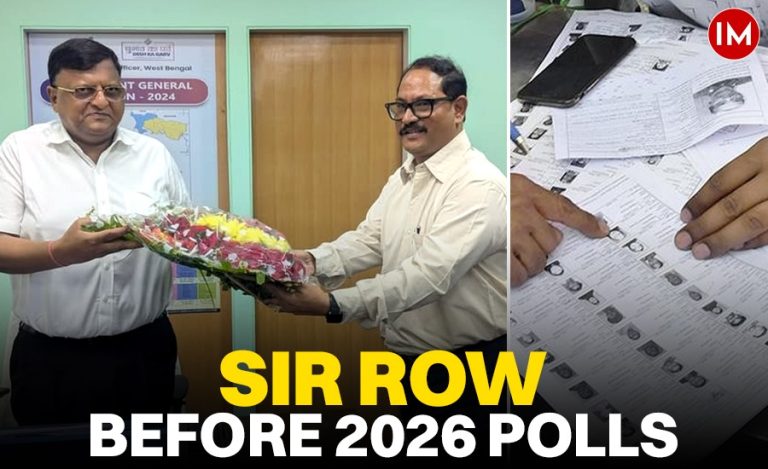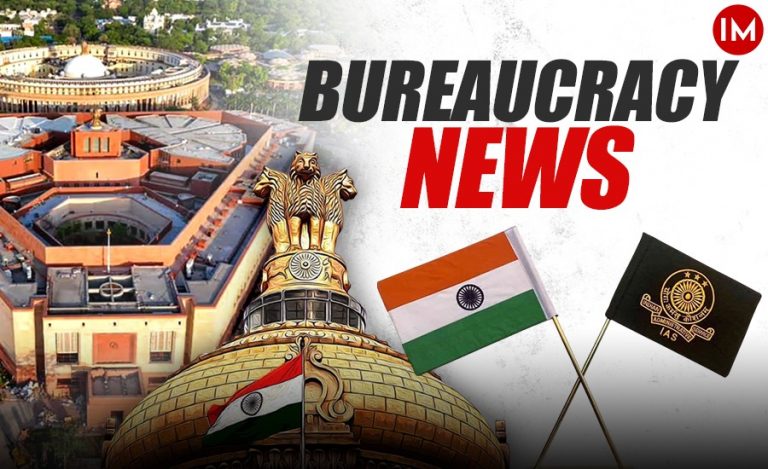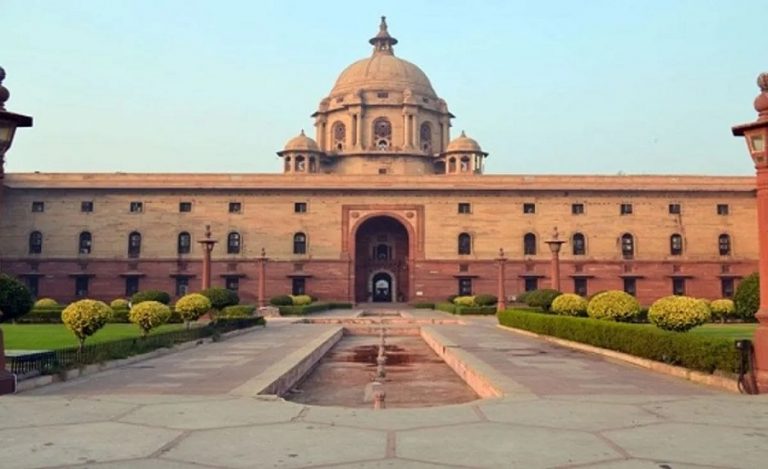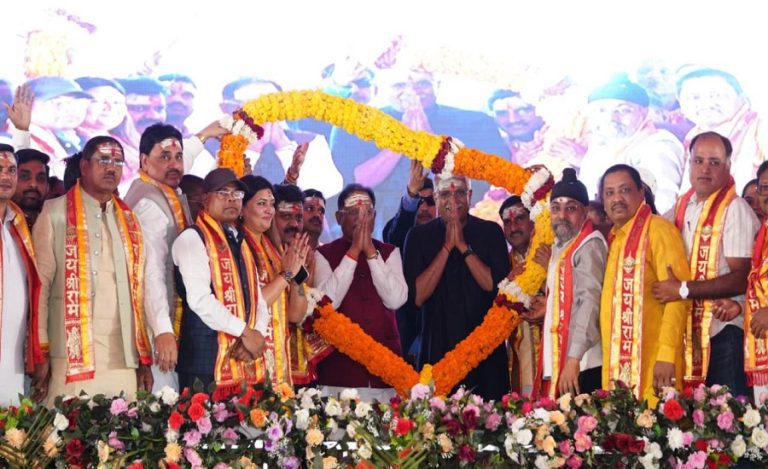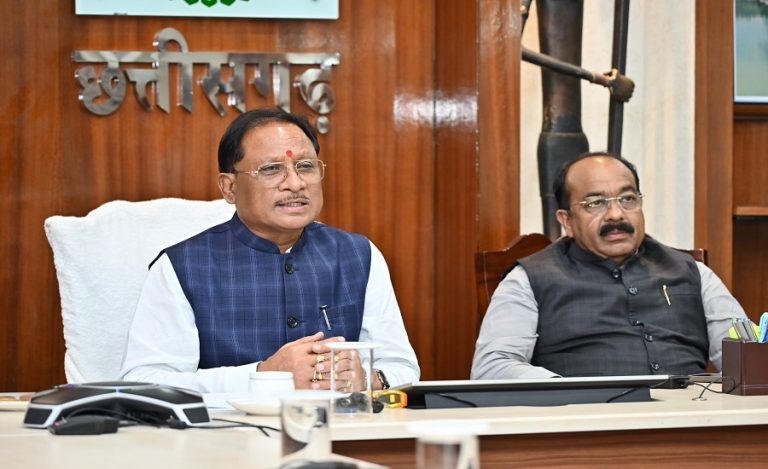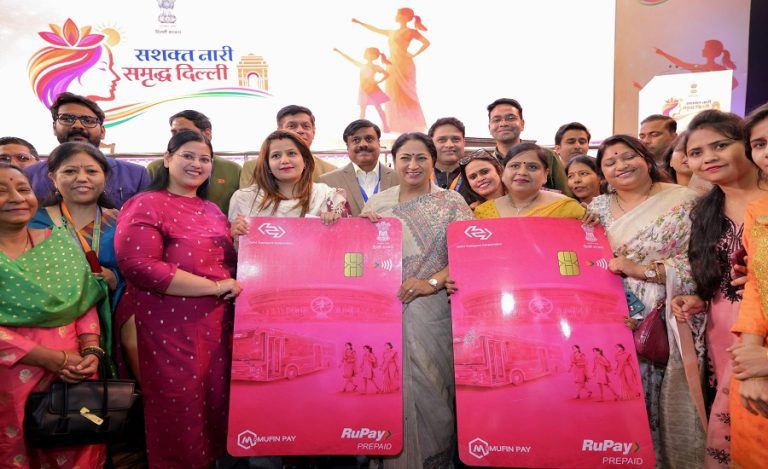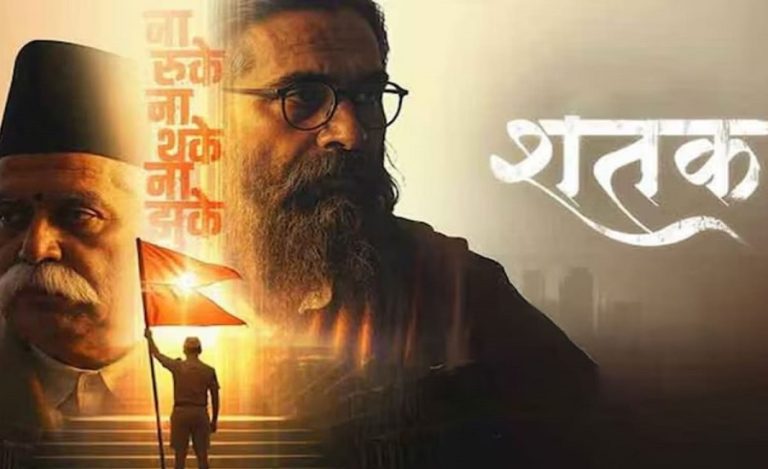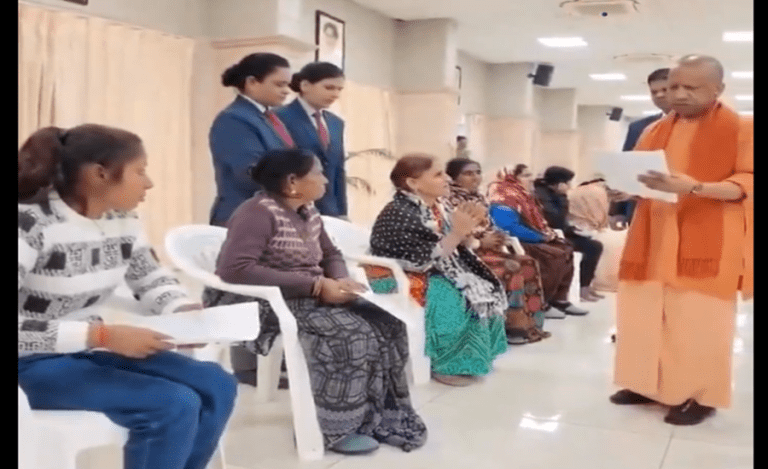In November of the year that just went by, I received a review copy of this book, as also an invite for a speaking engagement in the provincial town of Siliguri in which Sumana Roy has set ‘Provincials: Postcards from the Peripheries’. There is something charming about postcards – unlike the sealed inland letter cards and envelopes – postcards are addressed to an individual – but along the route anyone and everyone – from the post office clerk to the sorting office and the delivery boy – the contents are not exclusive.
Given my Siliguri connection, I thought I will read it enroute, and during my sojourn in the sub division which is now more spread out and cosmopolitan than its district headquarters of Darjeeling where I was inducted as an Assistant Magistrate in 1986 at the peak of the GNLF agitation. As my session got rescheduled on more than one occasion, so did my reading of the book. Finally, on February 1, as soon as the pilot announced the takeoff to Bagdogra, I opened her Postcards from the peripheries (as also the other chapters: Place, Pedigree, Poetic, and Pran) . Incidentally, my session with the Young Indians of CII at Siliguri was about how the nine administrative provinces of British India made way for the twenty-eight (linguistic) states. And so, provinces and provincials have been on my tongue for the last few days.
We may start with the question: Who is a provincial? Is it a territory or a state of mind, or a way of seeing? Is it how people view themselves, or how they are viewed by others? If ‘provincial’ is a binary to describe the set of people against those who are cosmopolitan, the former easily outnumber the latter – both in terms of demography and geographical space. If this be so, then why is the imagination of the ‘provincial’ set in a tone of derision, even though some of the best writers and thinkers – from the Bhakti poets to Rabindranath Tagore, William Shakespeare, John Clare, TS Eliot, JM Coetzee, VS Naipaul, the Bronte sisters, Agyeya, Rahul Sankrityayan, Ruskin Bond, Derrida and so many more came from the provinces .
She writes about growing up in Siliguri, about the fascinating charm of the newly opened Archies Gallery with ‘standard lines for birthdays and anniversaries’, the excitement of seeing her name in the Letters to Editor column and the forbidden excitement which the boys in her class shared with each other on the nude centre spread of Debonair – the Indian equivalent of Playboy in the eighties – when sex and sexy were forbidden words.
The letter, the postmaster, the post office – these were the lifelines of provincial life, immortalized in Tagore’s short story The Postmaster. Our young eponymous hero has been posted to ‘to a village of no consequence’ whose residents ‘were anyway unfit to mix with genteel people’. The relationship he develops with an even younger ‘world abandoned orphan child’ is asymmetrical to the extreme – to her, he means the world but for him, she holds little significance. Here was the unbridgeable gulf between the man from Calcutta and the girl from the palli (village), the division between nature and culture, as between Prakriti and Sanskriti. Munshi Prem Chand’s Bade Bhai Sahib is also set in the mofussil – the name used by the English press of Presidency towns and Lahore to describe everything that came from districts. And about learning English the elder brother says, ‘it is no child’s play and open to anybody . . . one has to strain your eyes day and night, burn oneself out, only then can one learn it.’
And so, English teachers had greater social prestige than those who taught the language of the province – within the English teachers too, there was a hierarchy. Those who taught English in English medium schools were a notch higher than those who taught English in the Bangla medium.
The second section Place is about the ‘vernis’ and the ‘nepos’ – the former for those who think in the vernacular even when they speak English, and the latter as flag bearers of nepotism on account of the privilege of their birth. The provincial’s perspective on language and learning is captured in this sarcastic comment of Caliban for his master Prospero in The Tempest:
You taught me language; and my profit on’t
Is I know how to curse. The red plague rid you
For teaching me your language!
Roy then talks about how the positive and negative connotation of Desi changes with the context. Thus, while ghee and chicken are best when Desi, Scotch, followed by IMFL is way higher than the Desi daaru. And when it comes to ‘pedigree’ the focus is not on the functionality, but the snob value. But not for long. Was not Shakespeare called a ‘bearded upstart’ by the University Wits – the group of established playwrights who looked at him contemptuously for not using any Latin or Greek. But it was this extraordinary ability of Shakespeare to take theatre to the common man that made Carlyle include him in the list of the twenty extraordinary heroes who changed the shape of history. Of course , many centuries before this, Kalidasa had perfected his craft by following the Natya Shastra tradition , and Roy tells us about reading Abhigyan Shakuntalam (presumably in translation ) on the day of Mansa Puja – a folk tradition to revere the non-Aryan snake goddess vested with miraculous powers.
As I was in Siliguri, I asked my hosts to take me to the Bombay Stores on the Hill Cart road. It had closed some years ago, and even the Ranjit Hotel next door was no longer the favoured spot. New ice cream parlors, coffee shops and the Marriot Hotel – where the breakfast and brunch menu included not just pao bhaji, dosa and momos, but also parathas and omelets. All this has changed the landscape of dining out, and the sartorial preferences of the young women and men who attended my ‘learning session’ were anything but reminiscent of the town in the eighties when I landed at the New Jalpaiguri railway station, which was 14 km to Siliguri and 42 to Jalpaiguri, another salubrious district of North Bengal known for acres upon acres of lush tea gardens.
In Poetic, she quotes this passage from Darjeeling’s famous Nepali (or should one say Gorkhali) poet Indra Bahadur Rai:
The young man says, Hills are us, who stay behind; Rivers – those who leave the old man replies Rivers forever hurry to somewhere, but also remain here. Hills are fluid and ever changing too. This was the poet who when asked ‘where are you going’, an innocuous question by a co-passenger in the Darjeeling mail responded:
‘Where am I going? The last stop is always home, no matter where you are going. That is the meaning of success – to get home’
Home, homeland and habitat is therefore so important to understand how poets and philosophers (as others of their ilk) think and write. This is why Derrida says that it is important to ‘put philosopher’s biographies back into the picture, as also their commitments, particularly, political commitments . . . whether in relation to Heidegger, or equally to Hegel, Freud, Nietzsche and Sartre’. And this is true for cricketers and Bollywood stars as well. Thus Abhas Kumar Ganguly in his new avatar as Kishore Kumar longs to return to Khandwa, the city of his boyhood and youth.
The last section of Provincials – Pran – is about the ‘return of the native’ and we have the life of Jatin Nayak, the don of Odiya literature and translation to reflect on. From his village to Ravenshaw college, and finally to Martin College at Oxford, Nayak’s love for literature stood out in sharp contrast with his peers who all wanted success in conventional corporate, political or academic careers. And so he came back to his native land ‘leaving a brilliant future’ that could have been his, if he had not returned.
Let’s close with these pity comments from @SumanaSiliguri: writing this book, putting together these unaired histories has been my return. It is not encyclopedic, and it is not a history of victimhood – for I am not a victim; the provincial is not a victim. The markers of provincial life—and provinciality—seem easy to hide. Those who have moved away no longer feel the need to theorize, thereby making it more amorphous, more private, and more phenomenological. But in these patient histories of provincials lies its Pran: the Sanskrit word for breath and life.







